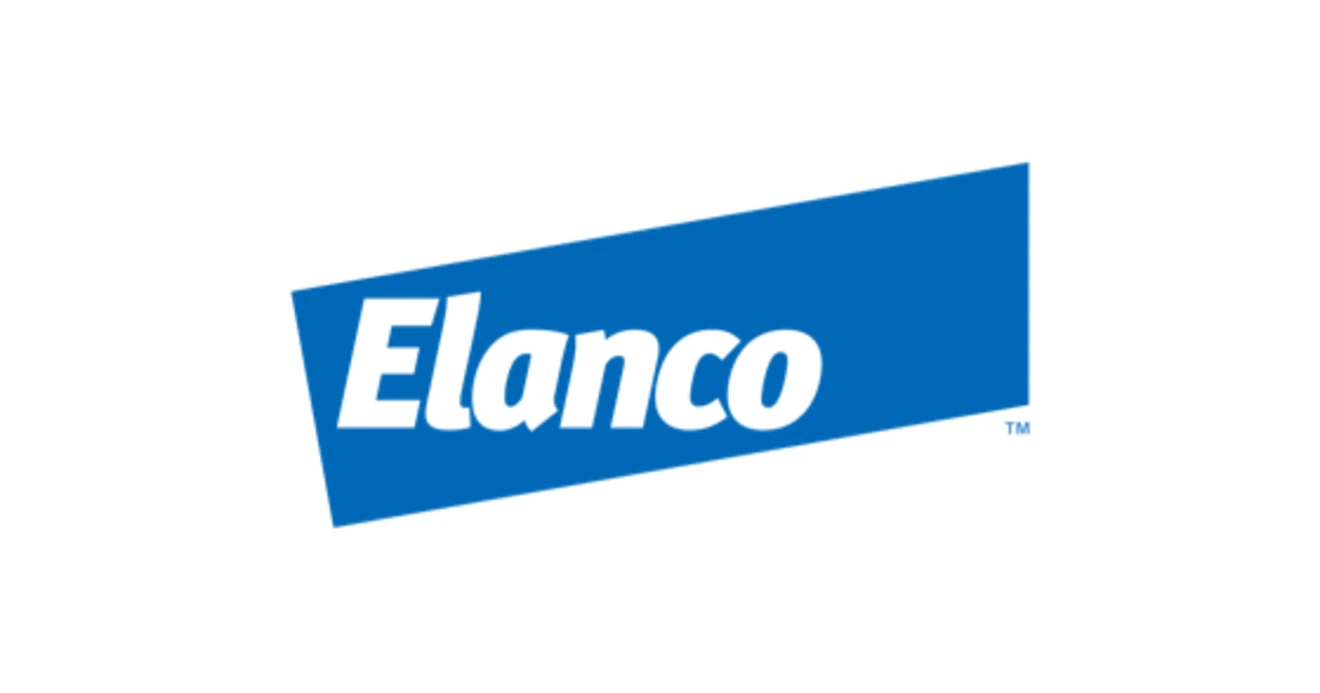Elanco
Key Information
HQ:
United States
Market Cap:
$13.43bn
Primary Market:
North America
Business Type:
Pharmaceutical
Company Information
Company Summary
Elanco Animal Health is a company that develops, manufactures, and markets products for animal health. It provides products and knowledge services to improve animal health and food-animal production. The company offers companion animal disease prevention products, such as parasiticide products, companion animal therapeutics for pain, osteoarthritis, ear infections, cardiovascular, and dermatology indications, vaccines, nutritional enzymes, and animal-only antibiotics. It also delivers a range of food animal products used in ruminant and swine production.
Active Projects

Animal Pharmaceuticals Engagement
Antibiotics & Health